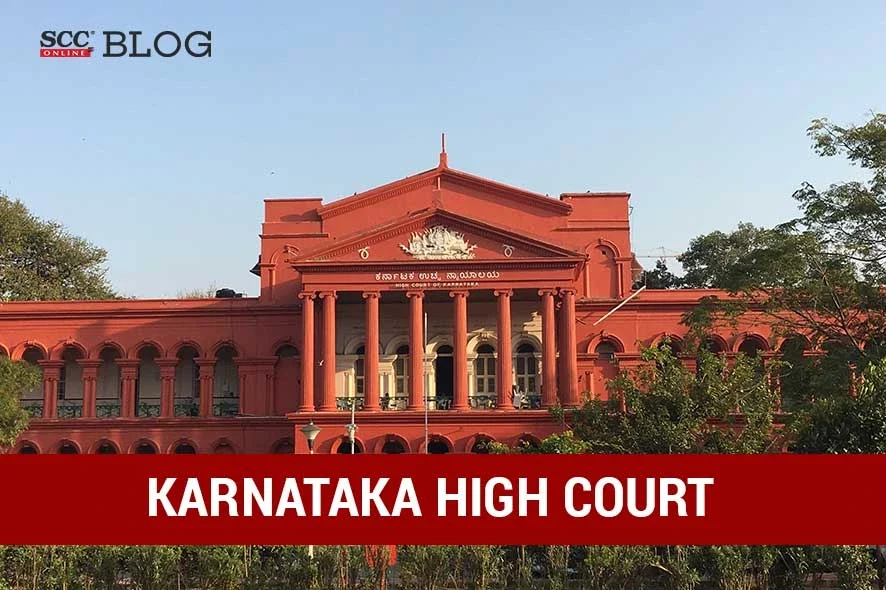Karnataka High Court: While deciding the instant appeal praying to set-aside the order passed by the Additional City Civil and Sessions Judge, Bengaluru, rejecting the application filed by the appellant under Section 195 r/w Section 340 of CrPC seeking action against the respondents for the offences punishable under Sections 177, 191, 196, 199, 200 and 209 of IPC; the bench of Shivashankar Amarannavar, J.*, dismissed the appeal stating that “it is not every false statement that is intended to be the subject matter of the prosecution” and that the statement made by the respondents vis-à-vis the lease term being eleven months instead of ten years, was not to get any favourable orders and but only to establish the landlord-tenant relationship.
In a tenancy dispute between the parties, the respondents (priorly plaintiffs) had filed a suit seeking relief of ejectment. However, during the proceedings, the respondents had stated that the lease agreement between the parties was for 11 months.
While the appellant did not dispute the tenant-landlord relationship between the parties, he did raise objection regarding the duration of the lease agreement. The appellant filed an application seeking to initiate enquiry as to the perjury committed by the respondents by making false and misleading statements, which was rejected by the Trial Court.
The counsel for the appellant argued that the respondents knew that the lease is for 10 years but instead made false averment that the agreement was for 11 months. It was further submitted that the lease agreement is unregistered one and the said averment made by the respondents in the plaint and in the affidavit filed in lieu of examination-in-chief, is to deceive the exchequer for payment of stamp duty and payment of registration charges.
Perusing the facts and contentions raised, the Court noted that merely because in the plaint and affidavit filed in lieu of examination-in-chief, the respondents have stated period of eleven months instead of ten years, does not amount to giving false evidence, as they had no intention to take any orders of the Court based on the said statement. It was further stated that as the said period of ten years was over as on the date of issuing of legal notice, terminating the tenancy, any statement regarding period of lease does not have bearing on the result of the suit.
The Court further noted that there must be prima facie case of deliberate falsity on a matter of substance and the Court must be satisfied and there must be reasonable foundation for the charge and the prosecution of the offender is necessary in the interest of justice. Otherwise, time of the Court, which has to be usefully devoted for dispensation of justice, will be wasted on such enquires.
The Court noted that the Court before directing a complaint to be lodged, must form an opinion on being satisfied or come to the conclusion on such satisfaction that the person charged has intentionally given false evidence and such formation of opinion must be on consideration of materials duly placed.
Thus, with the afore-stated assessment, the Court was of the view that the decision of the Trial Court in rejecting the appellant’s application to charge the respondents for perjury, does not require interference.
[Rajesh KN v. KR Umesh, 2023 SCC OnLine Kar 63, decided on 25-09-2023]
*Judgment by Justice Shivashankar Amarannavar
Advocates who appeared in this case :
For appellant- Balaram ML, Adv
For respondent- PN Nanja Reddy for R1 and R2








